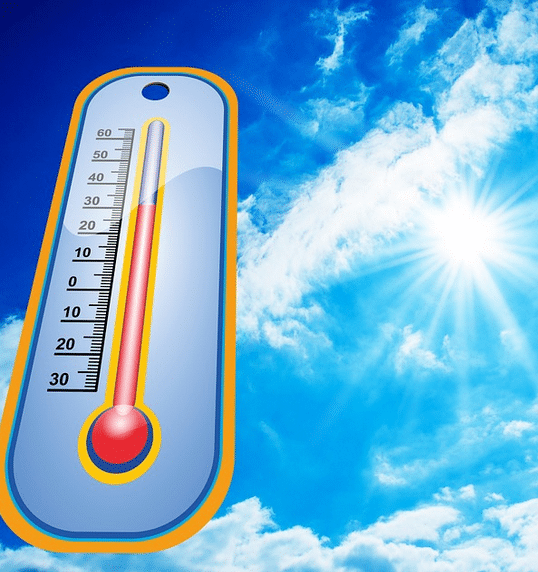Protect Your HVAC System from Summer Heat

Summer brings longer days and hotter temperatures, making your HVAC system work harder to keep your home cool and comfortable. The summer heat and relentless sun can significantly impact the efficiency and longevity of your HVAC unit. Understanding these effects and taking proactive measures can help you avoid costly repairs and ensure your system runs smoothly all season long. Here’s how the summer heat and sun affect your HVAC unit and what you can do to protect it.
Increased Workload and Energy Consumption
During the summer, your HVAC unit runs more frequently to maintain a comfortable indoor temperature. This increased workload leads to higher energy consumption and can strain your system, potentially causing it to overheat or break down. To reduce the load on your HVAC unit, consider using a programmable thermostat to optimize cooling schedules. Set the temperature higher when you’re not home and lower it only when needed.
Wear and Tear on Components
The constant operation of your HVAC system during the hot months accelerates wear and tear on its components. Parts like the compressor, fan motors, and capacitors are particularly vulnerable. Regular maintenance is crucial to ensure these components function efficiently. Schedule a professional HVAC inspection at the beginning of summer to check for any signs of wear and replace any worn-out parts.
Reduced Efficiency and Higher Utility Bills
As your HVAC system works harder, its efficiency can decrease, leading to higher utility bills. Dust, dirt, and debris can accumulate in your system, clogging filters and reducing airflow. Clean or replace your air filters regularly to maintain optimal airflow and efficiency. Additionally, keeping the outdoor unit free from debris and ensuring there is adequate clearance around it can improve performance.
Refrigerant Levels and Leaks
High temperatures can exacerbate refrigerant leaks, which are a common cause of reduced cooling efficiency. Low refrigerant levels can lead to your system struggling to cool your home, causing it to run longer and use more energy. If you notice your home isn’t cooling as it should, have a professional check your refrigerant levels and inspect for leaks.
Overheating and System Failure
The intense summer heat can cause your HVAC unit to overheat, especially if it’s not well-maintained. Overheating can lead to system failure, leaving you without cooling during the hottest days. Ensure that your unit is in a shaded area to prevent direct sun exposure and consider installing an awning or plant trees nearby to provide natural shade. Regular maintenance, such as checking refrigerant levels, and cleaning filters can help protect your system and maintain its efficiency.
By staying proactive and following these tips, you can ensure your HVAC system remains in top condition, providing you with reliable cooling throughout the summer. Proper care and maintenance not only enhance your system’s performance but also extend its lifespan, saving you money and ensuring comfort during the hottest months.
 Book Online
Book Online
